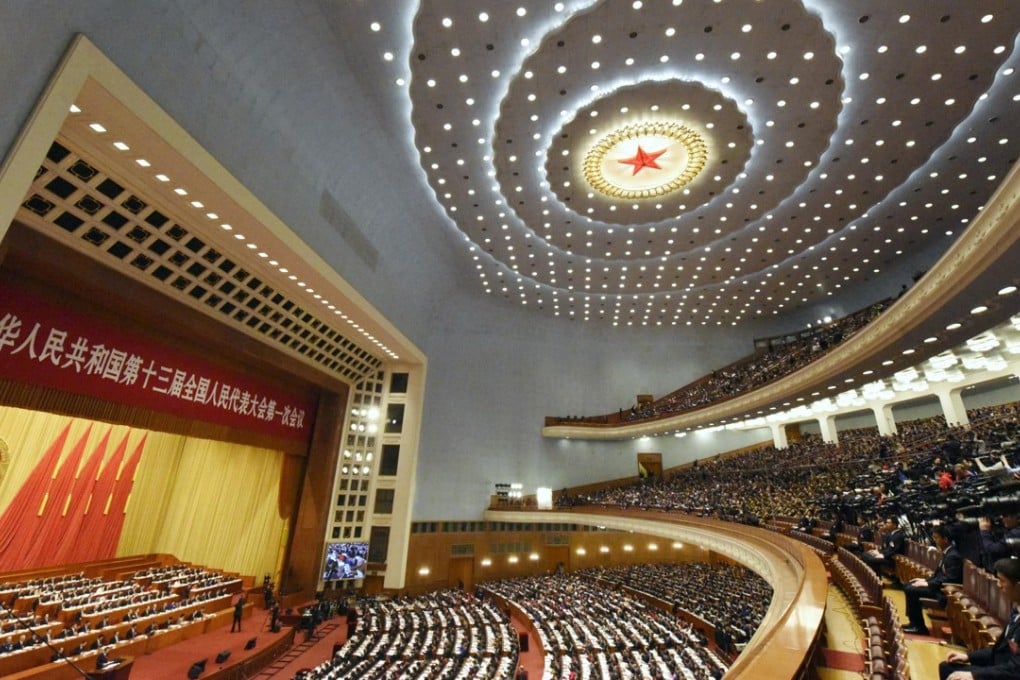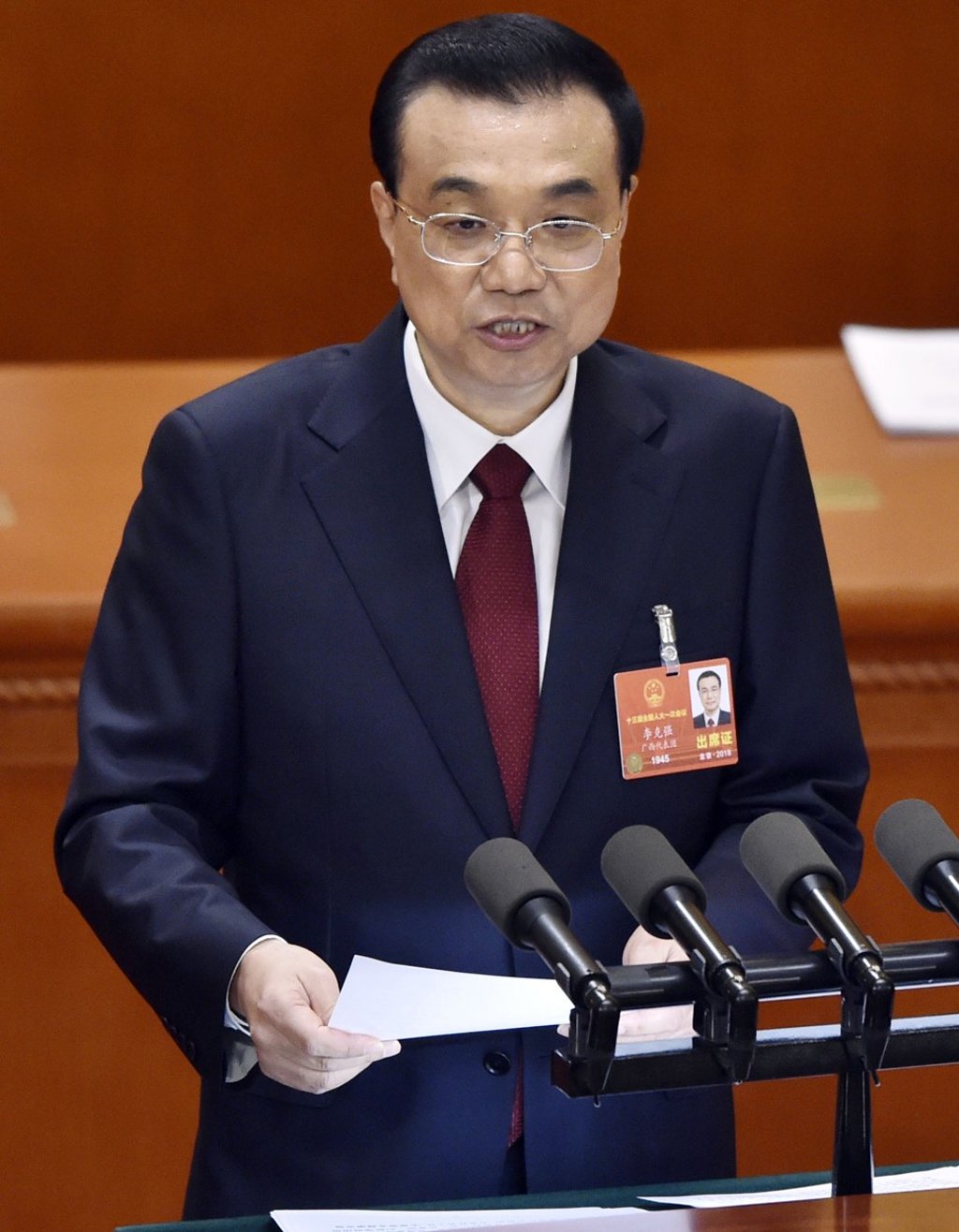A cheat sheet to tech-related developments at China's legislature meeting
Technology entrepreneurs have a stronger presence in China’s political scene like never before, underscoring the ambition of the world’s second-largest economy to gain an edge in every hi-tech field from artificial intelligence and autonomous driving to cybersecurity

The heads of China’s major hi-tech companies joined thousands of delegates and deputies at the annual parliamentary sessions and meetings of the top political advisory body in Beijing this week, as they shared proposals that would buttress efforts by president Xi Jinping to make the country’s rapid technological development a national priority.
Pony Ma Huateng of Tencent Holdings, Baidu’s Robin Li Yanhong, Lei Jun of Xiaomi and JD.com’s Richard Liu Qiangdong were among the prominent executives to represent the nation’s technology industry in the meetings this year.
In his work report to the National People’s Congress on Monday, Premier Li Keqiang outlined initiatives that the government will undertake to strengthen the country’s technological prowess, including offering tax incentives for venture-capital investments and stepping up the recruitment of overseas talent involved in advanced technologies like artificial intelligence and robotics.
Here is a look at who said what about technology in the annual gathering known as the Two Sessions.
Government officials

1. Premier Li Keqiang